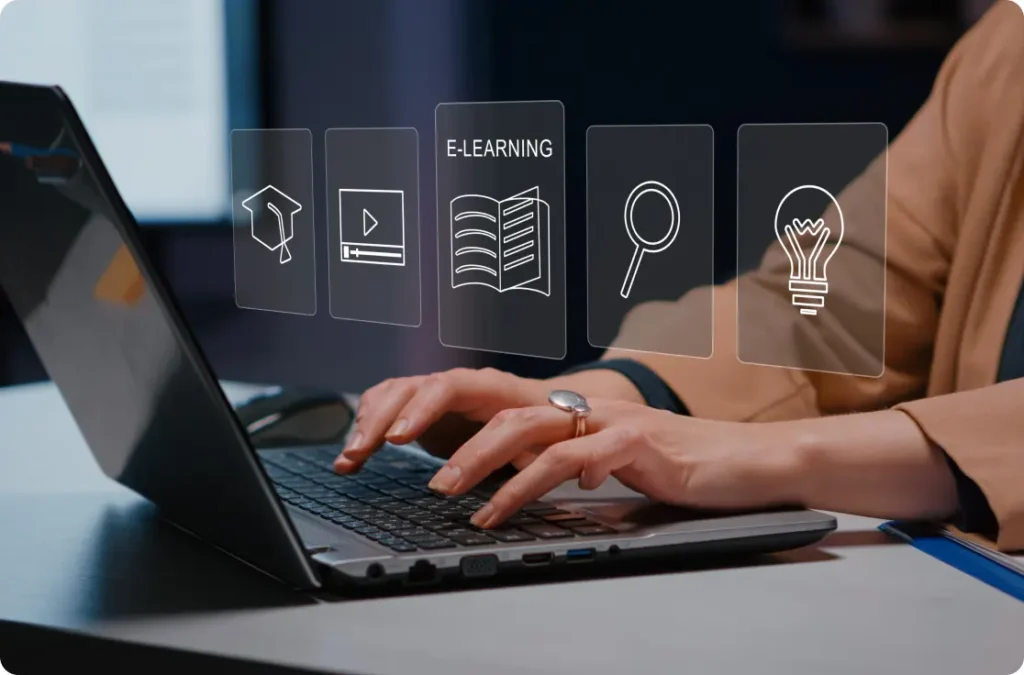I have always believed that good preparation starts long before you open the first page of a book. It begins when you decide what kind of student you want to be and what tools you trust to guide your learning. When I started studying law in Brazil, I knew the exams would not be easy. OAB, public competitions, ethics modules, constitutional law reviews — everything felt like a mountain. I also knew that choosing the right course could save me months of frustration. That is how I ended up exploring the world of Brazilian study platforms and affordable exam preparation options.
I quickly realized that one of the most common paths students follow involves collaborative, low-cost access to study materials. Inside this category, the concept of Rateio Concurso became something I kept hearing about from classmates and online forums. At first, I was skeptical. Anything budget-friendly usually raises questions about quality. Still, the more I listened to other students, the more I realized that I needed to test it myself. Choosing the right course is not just about finding the best lectures. It is about finding materials that fit your rhythm, your financial reality, and your long-term goals.
Why I Decided to Explore Collaborative Study Options
Before choosing any platform or course, I needed to understand what I was looking for. I was not searching for a luxury program with polished marketing and heavy prices. I wanted three things: structure, clarity, and consistency. I also needed materials that would challenge my Portuguese, since legal Portuguese requires precision and a different kind of listening and reading discipline.
My first attempts were random. I watched free videos, downloaded summaries, and followed scattered advice from social media. None of it helped me build a real study routine. I needed something more organized. This was the moment I realized that collaborative study platforms might offer a useful middle ground. They usually provide access to well-known exam materials, but at a price that students actually can afford. I did not expect perfection, but I hoped for something reliable.
How the Course Selection Process Really Happened
Once I understood what I needed, I made a list of priorities. First, the course had to cover the main legal subjects with updated content. Exam formats change, laws evolve, and using outdated material can cost you valuable points. Second, I wanted a platform with a clear structure. I did not want to spend hours guessing what to study next. Third, I wanted real practice materials — not just theory. Any student preparing for OAB or public exams knows that past questions and simulated exams matter more than anything.
This was where the collaborative model surprised me. Many of the materials were familiar names among students — the same lectures and summaries that more expensive programs offer. The difference was that I could actually afford them.
The first week felt like an experiment. I studied administrative law modules in Portuguese, and I realized how much my listening skills were improving without me noticing. When you study legal content in a foreign language, you start understanding not just the words but the rhythm of how professionals speak. I listened, paused, repeated, rewound, and wrote down terminology I wanted to remember. It became a natural part of my routine.
Examples of the Courses I Tested and Why They Worked
One of the modules that helped me most was constitutional law. It mixed theoretical explanations with practical examples of how constitutional principles appear in real exam questions. This made the learning experience feel concrete instead of abstract. Another set of materials focused on ethics and professional responsibility. These were valuable because they mirrored exactly the way OAB structures its questions.
The review PDFs were surprisingly clean and clear. I used them during late study sessions when I needed quick summaries instead of long lectures. The combination of videos, summaries, and practice questions created a balanced system. I could go through a topic completely without feeling lost.
I also worked on simulated exams. At first, they were intimidating. You sit down, open a page full of questions, and suddenly your mind tries to translate and understand everything at the same time. After several sessions, the flow improved. I could answer faster, and I began recognizing question patterns. This boosted my confidence.
Neutral Points That Did Not Affect the Overall Experience
I want to mention a few minor details that someone else might appreciate knowing. Some of the videos looked slightly older, recorded in a simple setting without high end production. It did not reduce the quality of the content, but it is something to expect when using collaborative study access.
Another point is that file downloads can be slower during peak times. I learned to prepare by downloading everything ahead of time. This small habit completely removed the problem.
The last neutral observation is that the platform will not do the work for you. It gives you tools, but you still need discipline. For me, this was a positive thing. It forced me to build a routine and stay consistent.
How This Choice Impacted My Language Learning
What many students do not talk about is how studying for exams can also transform their language abilities. As a foreign student learning Portuguese, I can say that legal content accelerated my progress more than any textbook ever did. When you hear professors explain constitutional rules or describe case logic, you begin seeing the structure of the language. It is not casual conversation Portuguese. It is the language of the profession I want to work in.
Studying law while learning Portuguese at the same time felt like running two marathons together. The benefit is that one strengthens the other. I improved legal reasoning and language skills without separating the two processes.
Thoughts for Anyone Choosing Courses in Brazil
Looking back, choosing collaborative prep materials was one of my best decisions as a student. The courses gave me structure and direction without overwhelming my budget. They helped me understand the complexity of Brazilian exams and pushed my Portuguese to a professional level. I am still on my journey, still learning, still preparing, but now I feel confident and supported.
If you are trying to choose the right study materials in Brazil, my advice is simple. Be honest about what you need, be realistic about your budget, and give these collaborative options a chance. They offer real value, solid content, and a flexible way to build a consistent study routine. For law students and future exam takers, this combination can make all the difference.


